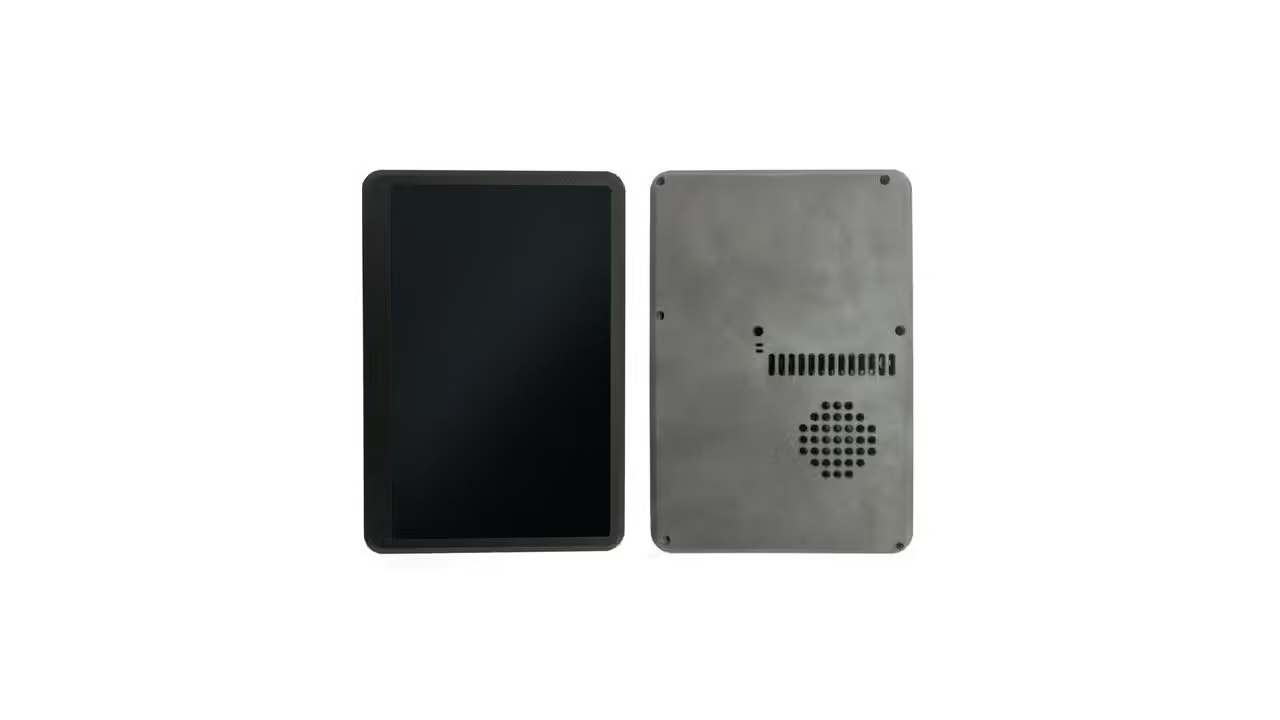
Yian IT's Compact, Portable RadioSlate Tablet Hosts an Internal LimeSDR Mini for On-The-Go Radio Work
Yian IT, a specialist in Internet of Things (IoT) and wireless communications products, is preparing to launch a handheld tablet computer designed for radio-frequency tasks - and capable of hosting a LimeSDR Mini software-defined radio internally.
"RadioSlate is a sturdy aluminium tablet with an industry-favourite software-defined radio (SDR) board tucked away behind its touchscreen," Yian Ti writes of the hardware's design. "Whether you’re a Ham radio operator, a network engineer, a mobile base station designer, a security auditor, or some other variety of SDR enthusiast, RadioSlate lets you do your thing, even if that thing requires you to go outside and walk around, get unusually close to transmitters and receivers, keep one hand free for other tasks, or manage all of the above without drawing undue attention to yourself."
The tablet is a fully-functional portable computer, built around an Intel Core M3 8100Y dual-core processor with 8GB of LPDDR3 memory. There's 64GB of eMMC storage for the operating system and software, which comes pre-loaded with a Long-Term Support (LTE) release of Canonical's Ubuntu Linux but also supports Microsoft's Windows 10, while the user interface appears on a 1,024x600-resolution touch-screen display to the front.
While the tablet includes an on-board radio with dual-band 802.11ac Wi-Fi and Bluetooth 4.2 support, it's designed for use with a LimeSDR Mini: housed internally on a specially-constructed bracket, and requiring no modification to the board or the tablet, the LimeSDR Mini provides full transmit and receive capabilities via the owner's choice from a range of popular proprietary and open-source software packages.
"Explore the spectrum while on the go," Yian IT promises of the device, "without having to drag along your laptop, an SDR board, and cables."
Pricing for the tablet has yet to be confirmed, though Yian IT has indicated that buyers will need to supply their own 18650 lithium-ion batteries; more information, and a link to be alerted when the campaign goes live, can be found on the project's Crowd Supply campaign page.